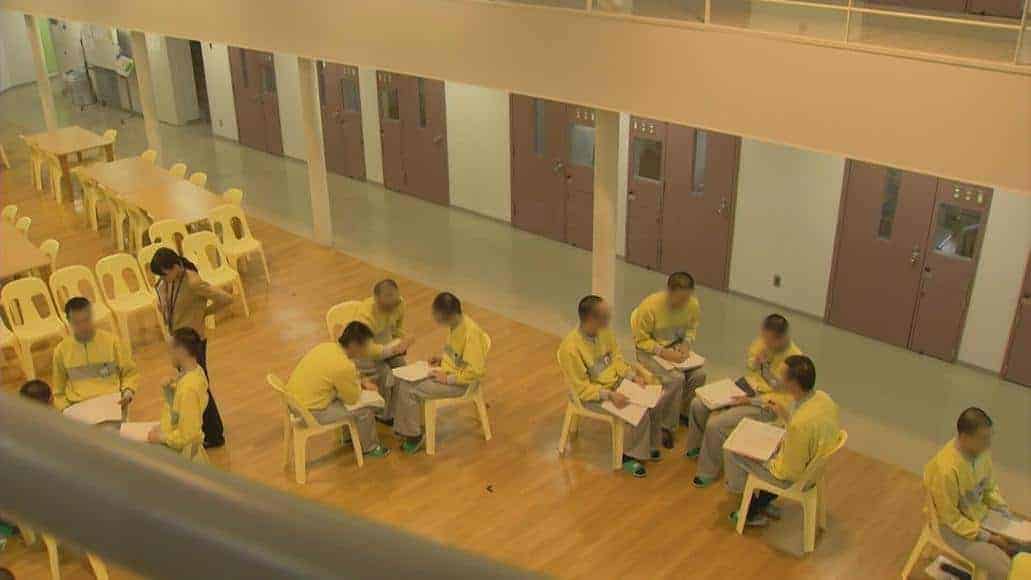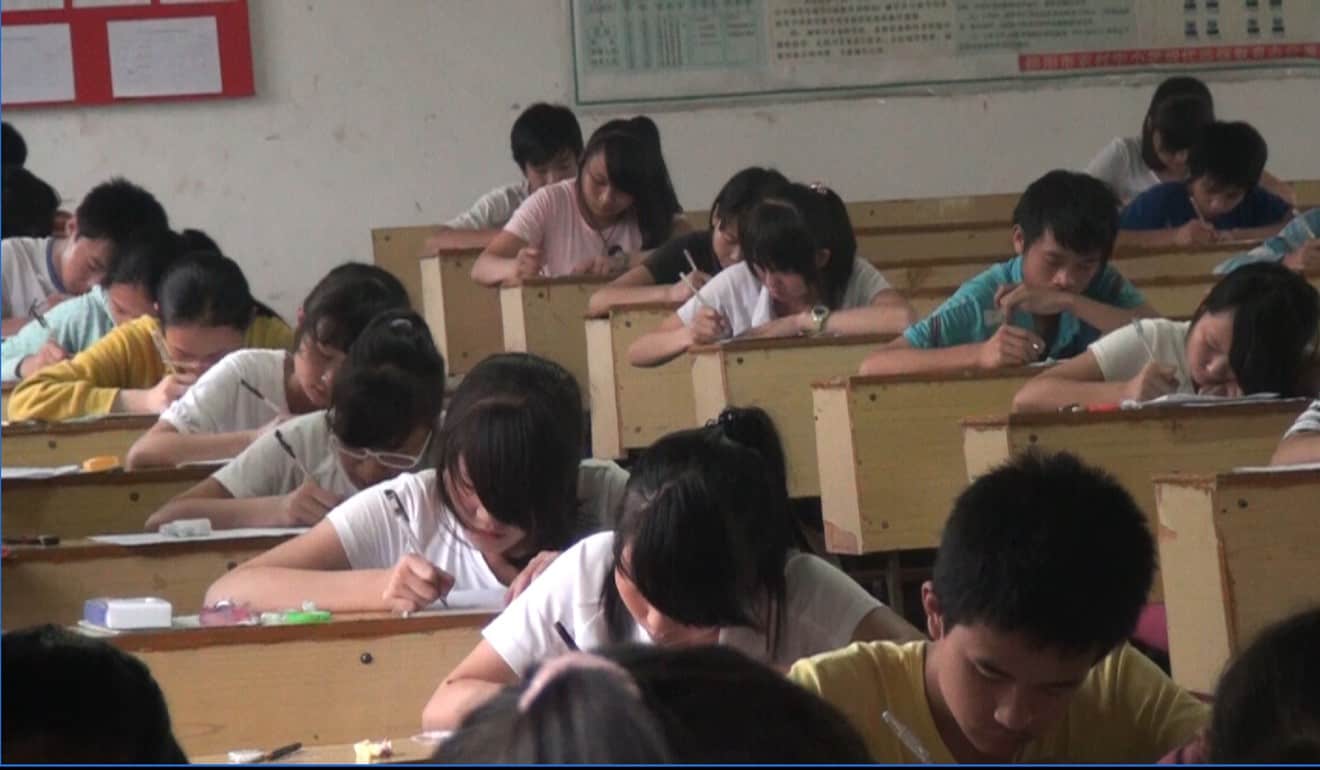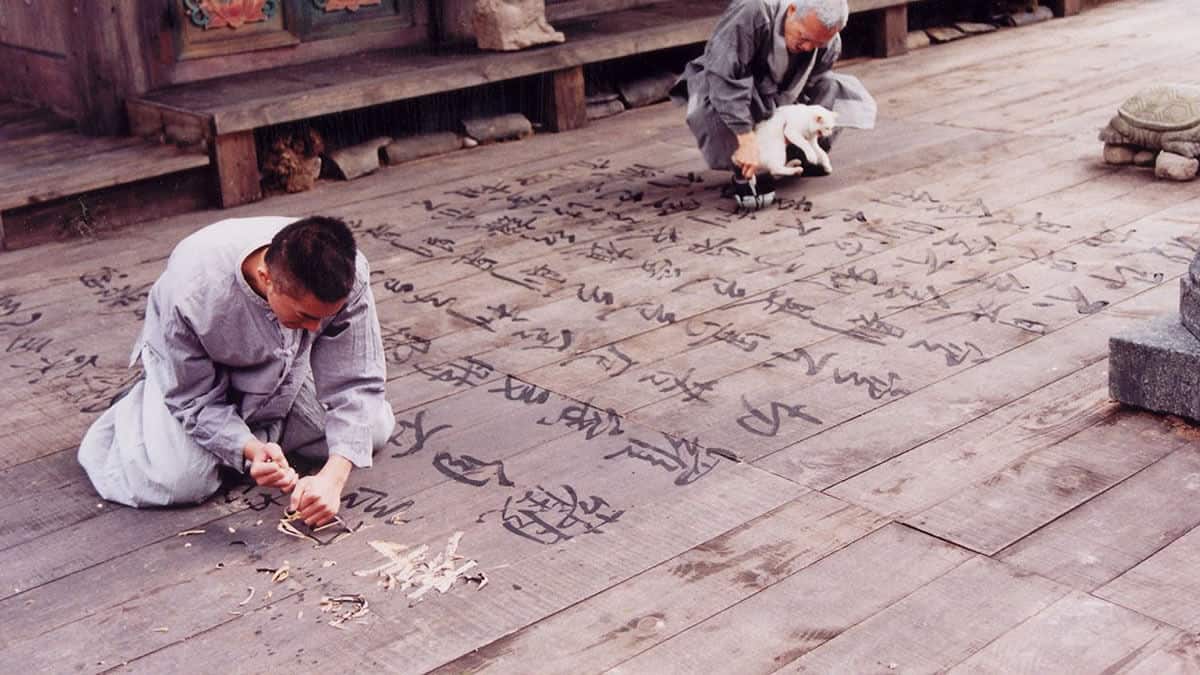Lebanon is a completely f**ed up country and has been for many years, with local cinema, either in the form of features or documentaries, presenting the fact in the most eloquent fashion. Myriam El Hajj also moves in the same path, through a docudrama implementing the form of three video diaries, which narrates four tumultuous years in the recent history of the nation, starting with 2018.
Diaries from Lebanon is screening at Berlin International Film Festival

The three arcs revolve around three individuals and two events. Joumana is a feminist writer, poet and activist, who, in 2018 ran in the elections for the Lebanese parliament, eventually managing to be elected. In the Lebanese system, however, such events are not to be tolerated, with her being fraudulently ousted the very next day, leaving her supporters furious, with her arc showing how she fared after the whole endeavor. Perla Joe is also a fiery fighter of the current system with her voice of frustration eventually becoming a symbol of the uprising in the country. Georges is a veteran of the Lebanese Civil War, which lasted from 1975 to 1990, where he lost a leg. Living between his bitterness for the past and his judgment for the present, he also seems to harbor some rather violent secrets, although the whether they are or not truthful remains ambiguous.
Check also this interview
The two events, which have a rather significant impact on the ‘protagonists', are the civil protests of 2019 which led to a revolution that eventually forced Prime Minister Saad Hariri to resign and the second is the infamous 2020 Beirut explosion, which also caused the resignation of the then PM, Hassan Diab.
The presentation of the three lives and the two events, and the impact the latter have on the former highlight the recent history of Lebanon in the most pointed, realistic and eloquent fashion, with the issues the country has been facing for many years being depicted in all their appalling glory. The violent ousting of Joumana, Perla Joe's desperate effort to make a change, and Georges clinging to a past which was glorious in his eyes showcase this situation thoroughly, while resulting in a rather pessimistic comment, as eventually all protagonists admit that nothing ever changes for the better, with the situation becoming worse despite their efforts.
At the same time, though, the value of resistance, even if the results are not ideal, is also highlighted, with the small changes the attitude and the actions of the two women bring, becoming evident even from the beginning. And if the protests that became a revolution are definitely a step towards improvement, the aforementioned explosion seems to place everyone a step back, despite the fact that it eloquently showed how the system in the country does not work at all. As we hear Joumana talking about having to take sleeping pills in order to shut her eyes after the explosion or that Georges does not sleep at all, the PTSD of the explosion becomes quite apparent, also showcasing the impact it had on the citizens and the fear it placed in them.
The changing between the three persons of interest, and the difference between the women and the men, the current and the previous generation if you prefer, also becomes apparent. At the same time, this approach exemplifies the job done in the editing by Anita Perez and Stéphanie Sicard, with the succession of the focus, as much as the varying footage (TV shows, public and private talks, the driving through the city, the barber's) adding to the entertainment the movie offers. Granted, at 110 minutes, the documentary is long, but the aforementioned changes, as much as the dichotomy the explosion provides, make the film seem much briefer. At the same time, the inclusion of drama in the narrative, even if not as significant in the narrative as the promotional material suggests, also helps in that regard.
“Diaries from Lebanon” powerfully encapsulates the turbulent saga of Lebanon through the lives of Joumana, Perla Joe, and Georges, while remaining intriguing from beginning to end due to the varying charisma of its protagonists and the many different approaches to her subject
Myriam El Hajj incorporates.














